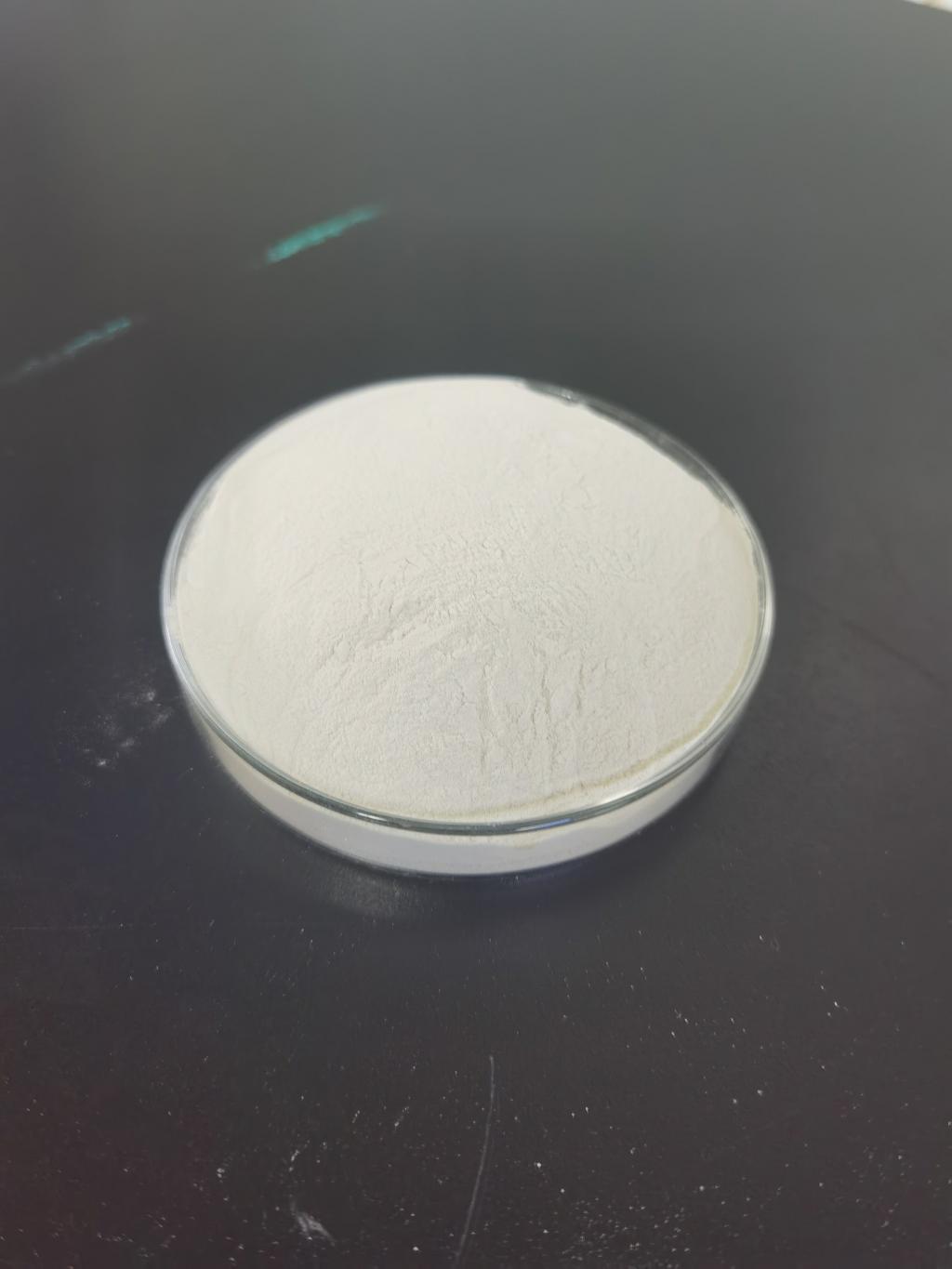Tel:+8618231198596

News
 CONTACT
CONTACT
 CONTACT
CONTACT
- Linkman:Linda Yao
- Tel: +8618231198596
- Email:linda.yao@dcpharma.cn
- Linkman:CHARLES.WANG
- Department:Overseas
- Tel: 0086 0311-85537378 0086 0311-85539701
News
Nisin's versatility makes it a valuable tool in various industries.
TIME:2024-03-21
Understanding Nisin:
Nisin is a peptide antimicrobial agent produced by certain strains of lactic acid bacteria, primarily Lactococcus lactis. It is widely recognized for its ability to inhibit the growth of various Gram-positive bacteria, including foodborne pathogens and spoilage organisms. Nisin's mechanism of action involves disrupting bacterial cell membranes, leading to leakage of cellular contents and ultimately cell death.
Applications in the Food and Beverage Industry:
Nisin plays a crucial role in ensuring the safety and quality of food and beverage products. In the food industry, nisin is commonly used as a preservative to extend the shelf life of perishable products such as dairy, meat, and bakery items. Its ability to inhibit the growth of spoilage organisms and foodborne pathogens helps prevent food spoilage and reduces the risk of foodborne illness.
Moreover, nisin is utilized in food processing to control microbial contamination and improve the safety of food products. It can be added directly to food formulations or applied as a surface treatment to inhibit the growth of pathogens during processing and storage.
In the beverage industry, nisin is used to prevent the growth of spoilage organisms in acidic beverages such as fruit juices and soft drinks. Its compatibility with a wide range of pH levels makes it a versatile preservative for beverage formulations.
Applications in Pharmaceuticals:
Nisin's antimicrobial properties extend to the pharmaceutical industry, where it is used in various medical and healthcare applications. In oral care products such as toothpaste and mouthwash, nisin helps inhibit the growth of oral bacteria responsible for dental caries and periodontal diseases. Its natural origin and safety profile make it an attractive alternative to synthetic antimicrobial agents.
Furthermore, nisin has been investigated for its potential therapeutic applications in treating bacterial infections. Studies have shown promising results in utilizing nisin as an antimicrobial agent against antibiotic-resistant bacteria, including methicillin-resistant Staphylococcus aureus (MRSA) and vancomycin-resistant Enterococcus (VRE). Its ability to target bacterial cell membranes makes it less prone to resistance development compared to conventional antibiotics.
Applications in Cosmetics:
Nisin's antimicrobial properties make it a valuable ingredient in cosmetic and personal care products. In skincare formulations, nisin helps inhibit the growth of acne-causing bacteria and other skin pathogens, making it an effective ingredient in cleansers, toners, and topical treatments.
Additionally, nisin is used in deodorants and antiperspirants to control odor-causing bacteria and maintain underarm hygiene. Its natural origin and safety profile appeal to consumers seeking clean-label and eco-friendly personal care products.
Applications in Agriculture:
In agriculture, nisin serves as a natural alternative to chemical pesticides and preservatives, promoting sustainable farming practices. Nisin-based products are used to control bacterial pathogens in crops, fruits, and vegetables, reducing the reliance on synthetic pesticides and minimizing environmental impact.
Moreover, nisin is employed in animal feed additives to improve the health and performance of livestock. By inhibiting the growth of harmful bacteria in the gastrointestinal tract, nisin helps prevent digestive disorders and promotes animal welfare.
Future Directions and Challenges:
While nisin offers numerous benefits across industries, several challenges and opportunities lie ahead:
Research into novel formulations and delivery systems to optimize the efficacy and stability of nisin in different applications.
Regulatory considerations and compliance with standards governing the use of nisin in food, pharmaceuticals, cosmetics, and agriculture.
Consumer education and awareness initiatives to promote the benefits of nisin-based products and address any misconceptions or concerns.
Conclusion:
Nisin's versatility and effectiveness make it a valuable tool in various industries, from food and beverage to pharmaceuticals, cosmetics, and agriculture. Its natural origin, safety profile, and broad-spectrum antimicrobial activity position it as a sustainable alternative to synthetic preservatives and antimicrobial agents. By harnessing the power of nisin, industries can enhance product safety, quality, and sustainability, meeting the evolving needs of consumers and regulatory requirements in an increasingly competitive marketplace.
- Tel:+8618231198596
- Whatsapp:18231198596
- Chat With Skype







